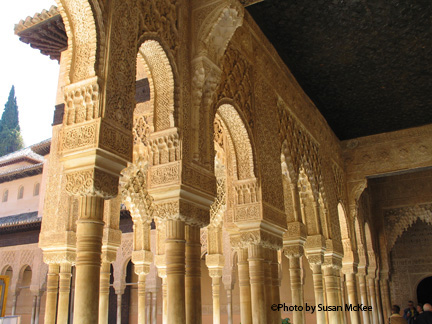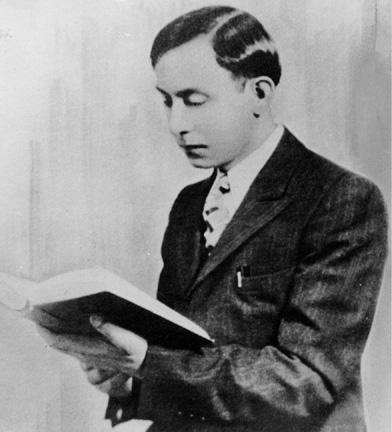Two overarching stories can be told of Islam in America: that of traditional Islam as practiced in Muslim-majority countries and that of indigenous Islam, whose practitioners are popularly known as Black Muslims.
These two threads began to intertwine in the 1970s as some Black Muslims turned to the beliefs and practices of traditional Islam even as others remained separate from the mainstream.
But, because there are two stories with an uncommon origin, a dichotomy exists in the study of Islam in the United States. On the one hand, Black Muslims are arguably the most researched religious minority in America. It is said that, for example, Malcolm X “got more press than any other Islamic leader in U.S. history.”
On the other, Muslims (no matter what their skin color) who follow the traditional Islamic paths known as Sunni and Shi’ia are seldom mentioned in histories of religion in the U.S. Various smaller groups — offshoots of the two main branches (such as Isma’ili, Tijaniyya and Druze) might as well be invisible.
Religious groups sharing the appellation “Muslim” have been overlooked in a predominantly Protestant Christian culture that treats them as exotic at best and “statistically insignificant” at worst.
Glossary notes:
Sunni Islam: About 90% of practicing Muslims are Sunni, a term derived from the Arabic word, sunna, and meaning people who follow the “true path”.
Shi’ia Islam: About 10% of practicing Muslims are Shi’ite. The name derives from Shi’a, meaning “partisans” or” followers”, and refers to those who believe that the successors to Muhammad should come only from descendants of his family.
Black Muslims: The generally accepted term for followers of the Nation of Islam is Black Muslims, a term C. Eric Lincoln says he coined in his 1956 doctoral dissertation to describe “this rapidly growing, Chicago-centered movement.” The original movement split after the founder’s death, causing some confusion in use of the term. At present, it is used by journalists and scholars to refer to those continuing to follow Elijah Muhammad’s version of Islam under the leadership of Louis Farrakhan.


